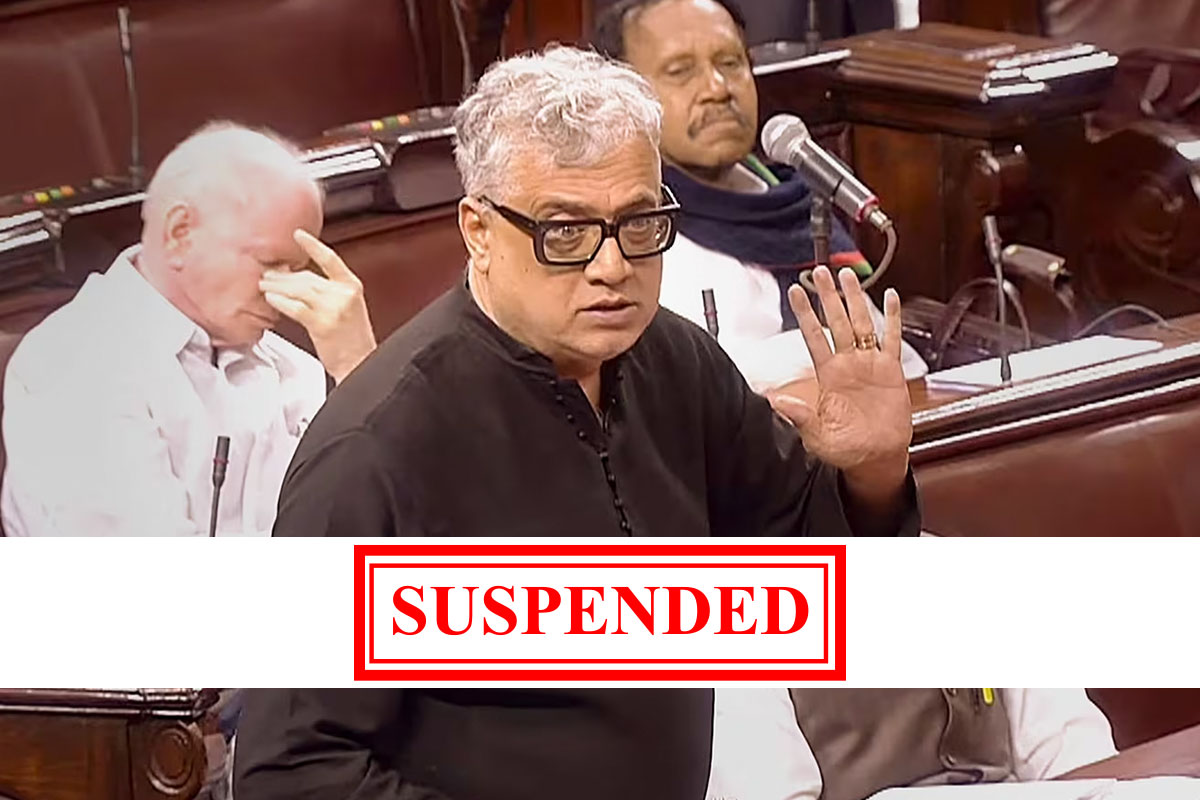Who is Mimi Chakraborty? Recently Resigned From Her MP Post
Who is Mimi Chakraborty, who recently resigned from Lok Sabha as a parliamentarian? Know her full story here.

The recently concluded winter session of Parliament witnessed a huge rise in the suspension of members of parliament from both houses. Members face suspension for breaking the decorum of the house and disordering the parliamentary proceedings. After the mass suspension, the leader of the opposition and the upcoming prime minister candidate of the India alliance rejected the offer of the Rajya Sabha’s Chairman for discussion. Kharge believes that adjournment happens unconstitutionally and undemocratically, and the ruling government misuses the power to wreck parliamentary practices.
The suspension list hit the number 146 and the reason behind their suspension was a breach of parliamentary privileges. There are many ways a Member of Parliament in India can breach the privilege of the House.
Disrespecting the Chair leads to addressing the Chair in unparliamentary language (e.g., “liar,” “cheat”). Refrain from obeying the Chair’s orders, casting aspersions on the Chair’s conduct or impartiality, and obstructing the proceedings. The actions also contain deliberately delaying or disrupting the business of the House, creating disorderly scenes through shouting, banging desks, or physical altercations, and refusing to withdraw from the House after being ordered to do so.
Tampering with evidence or records presented to committees, disrupting committee meetings, misbehaving towards members, leaking confidential information from committee proceedings, and falsifying the Information. Some other misconducts are; Making false or misleading statements on the floor of the House, submitting forged documents, tampered evidence, and misrepresenting facts to the House or its committees.
Interfering with the Functioning of Parliament means inciting violence or protests that obstruct the functioning of Parliament, threatening or intimidating members of Parliament or staff, tampering with Parliament’s security or infrastructure, and scandalising or defaming the House. The reasons also include making public statements that bring the House or its members into disrepute, publishing false or misleading information about Parliament’s proceedings, or engaging in conduct that undermines the dignity and authority of the House. Along with them, the breach comprises disobeying summons or warrants i.e. refusing to appear before a parliamentary committee when summoned, failing to comply with a warrant issued by the House, and tampering with or obstructing the execution of a parliamentary order.
Specific Case of Derek O’Brien (Trinamool Congress, Rajya Sabha)
On December 13, 2023, Derek O’Brien, while protesting against the suspension of certain MPs, allegedly climbed on a table and shouted slogans, leading to a chaotic scene in the House. He Disrespected the Chair, addressed the Deputy Chairman in unparliamentary language, and questioned his impartiality. He also obstructed the proceedings, his actions reportedly stalled the House for a significant period. If proven true, these alleged actions could constitute a breach of privilege under various categories, including disrespecting the Chair, obstructing proceedings, and disorderly conduct. However, it is important to note that: No formal complaint has been filed against Mr. O’Brien as of December 14, 2023. He has denied any wrongdoing and defended his actions as legitimate protest. The Committee of Privileges would need to investigate the matter before any conclusive determination can be made.
The nature and severity of the breach determine the punishment, which can range from a mere reprimand to expulsion from the House. Parliamentary privileges are intended to uphold the dignity and functioning of the House, not to shield members from accountability for their actions. The public scrutiny of such cases plays a role in ensuring transparency and upholding ethical standards within Parliament.
Advertisement